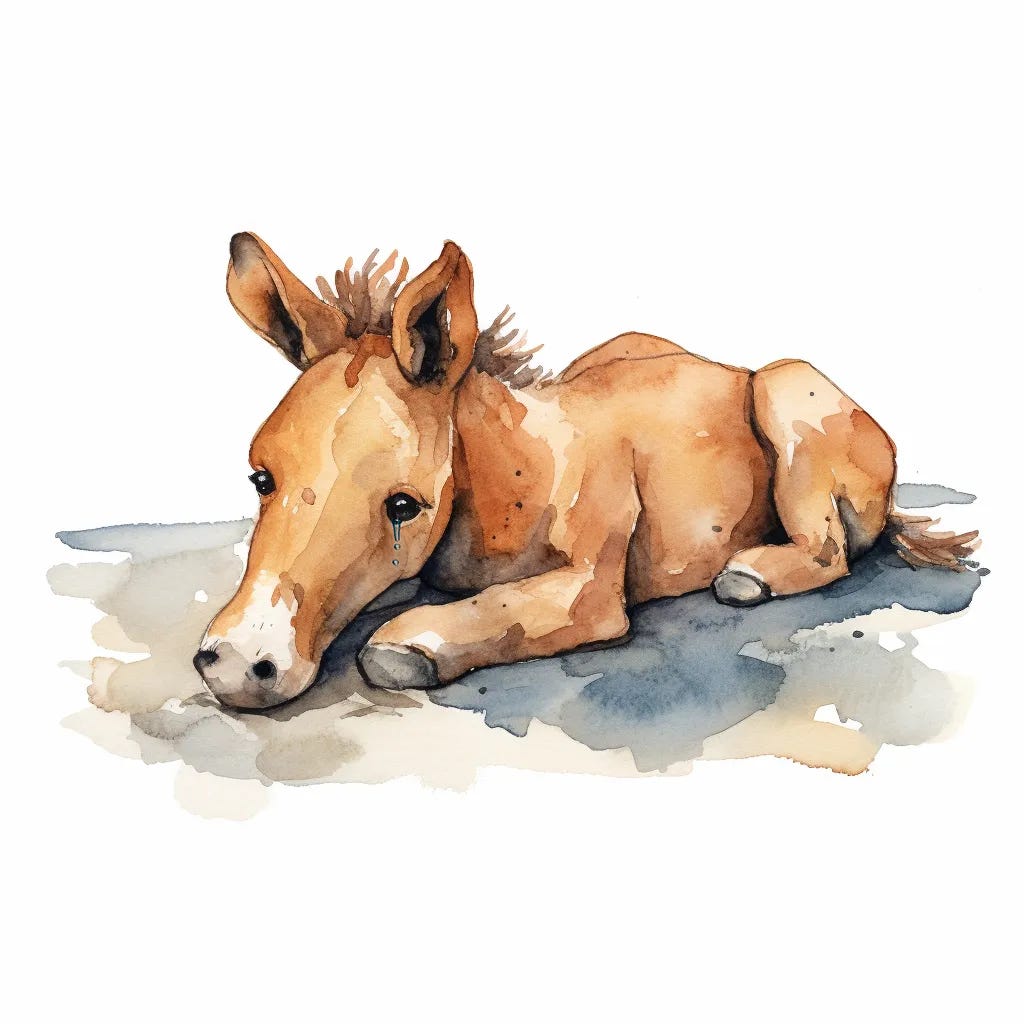This essay appears in Issue 4 of the Mars Review of Books. Visit the MRB store here.
August Blue: A Novel
by Deborah Levy
Farrar, Straus and Giroux, 208pp., $18.00
“The Two Brothers,” a tale from Ancient Egypt, is our earliest known attestation for the literary motif of the double. The tale is a family drama involving deception, violence, and physical mutilation. Whatever one brother experiences, the other feels simultaneously. At one point they are separated by a vast river full of crocodiles. The story may be a remnant of early man’s magical beliefs about twins, which in many societies were exiled or ritually slain since they defied understanding of procreation. The double has numerous other primitive precursors. To name a few: fear of one’s shadow, fear of one’s reflection, and, especially, the obsession with personal immortality beyond even biological succession. In literature, the double varies from literal lookalikes, as in Dorian Gray and his portrait, to simply two individuals whose destinies are interdependent, as in the Egyptian tale. Part of the motif’s seductive quality is its sheer range of possibilities in relation to both pleasure and pain. According to Freud, the double represents potential futures, which if unfulfilled over time can turn haunting, like a fallen god taking on a demonic shape.


